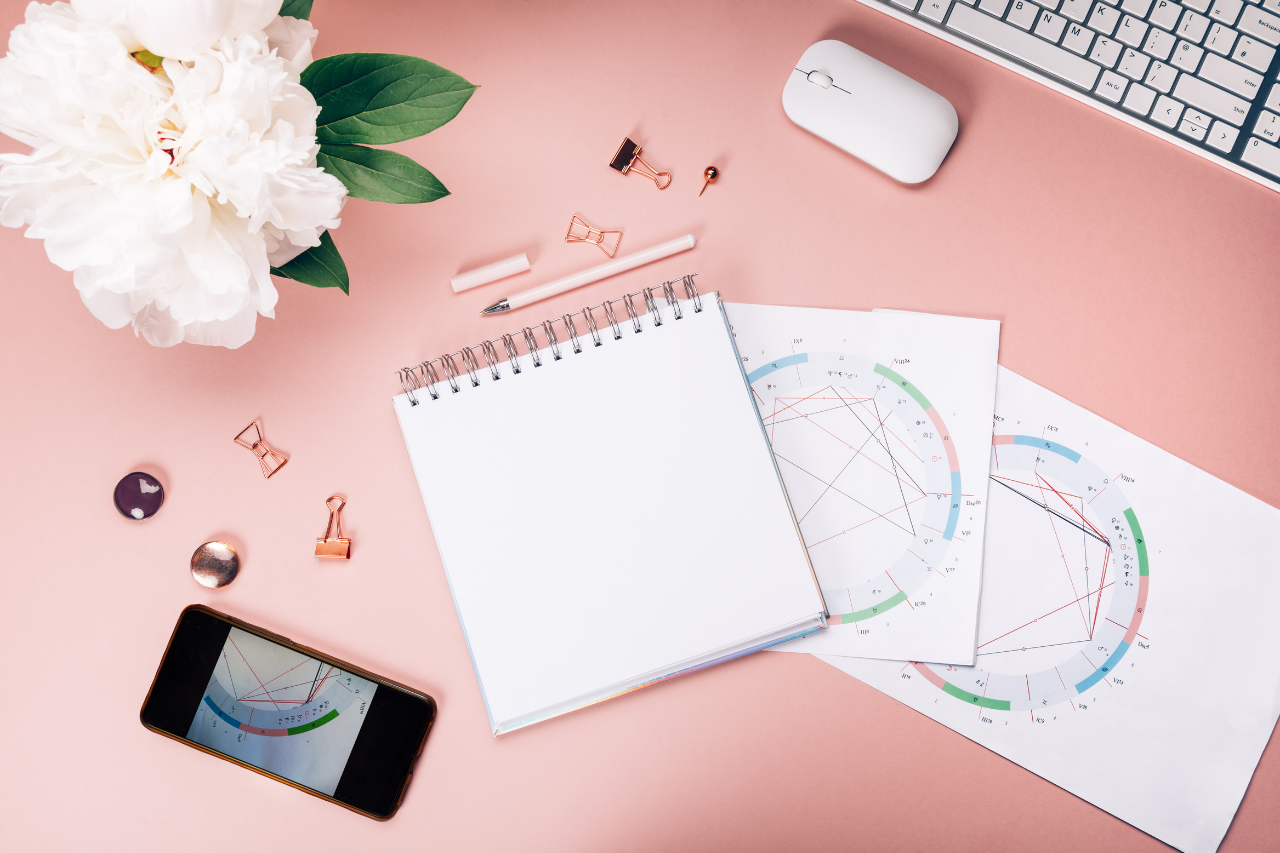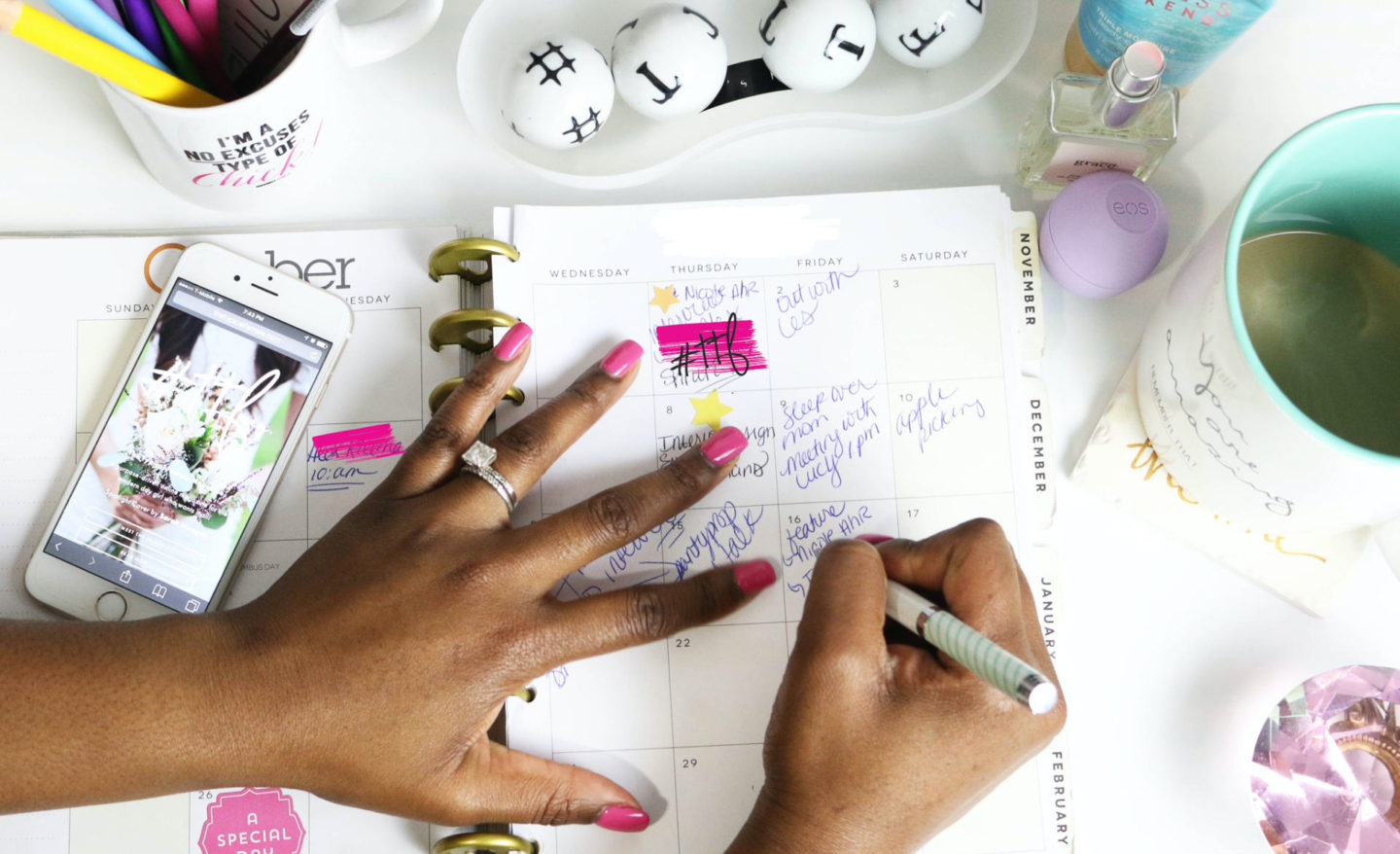
Let’s be real, disconnecting is hard. With smartphones, we have the entire world at our fingertips. These little gadgets do so much more than basic phone calls and texts, we can have and find everything we need in an instant. When I first got my iPhone, I was amazed at how I could check emails for school whenever, no desktop or laptop needed. That little tiny white square of a phone had the ability to give me access to things I never had before when I was out and about. This was back at the end of 2012 so, needless to say, we have even more at our disposal now, in 2020.
Yet all of this technology and capability has come with a price. I read an article recently that claims that the average American spends half of their waking hours staring at a screen. That is a lot of time. Sure, a lot of that time can be attributed to work, but nowadays, it’s hard to draw the line between staring at a screen for work versus staring at a screen for mental stimulation of some sort. Everything has become crossed and blurry. Technology is an addiction, and no one is immune. It doesn’t matter what generation you belong to, what you do for a living, we’re all susceptible to letting our smartphones eat us up and swallow us whole.
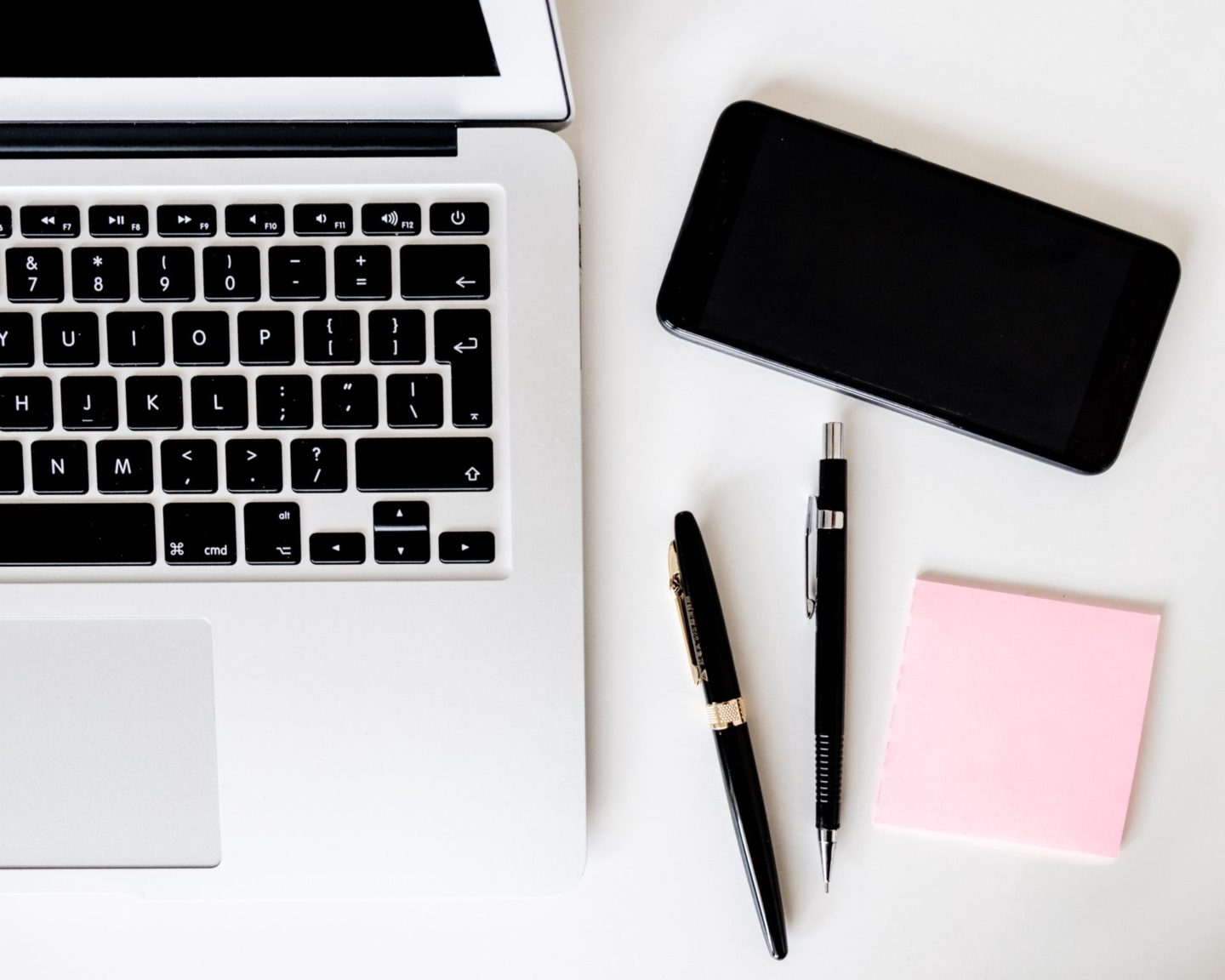
We could weigh the pros and cons of the technology-fueled world we live in, but that’s not really why we’re here. We’re here because deep down, we all know that staying connected constantly isn’t the best thing for us. We’re here because we want to disconnect, because we need to disconnect, before our brains short-circuit and fry from an overload of (sometimes useless) information. We are subconsciously draining ourselves with it all, with all the sensory and muscle overload. The same can be said for work, too. You may end work for the day but find you’re still thinking about it when you go to bed at night, are still refreshing and checking your email to see if your boss or company has responded. Disconnecting not only from your smartphone but your work as well is huge, and something that’s often overlooked.
Disconnecting is equally as important as staying connected is, maybe even more so. The fact of the matter is this: our brains and eyes need a break. Disconnecting is what allows us to recover, give ourselves a short break. It’s what makes us more productive in everything. Disconnecting can be challenging if it’s something you’re not used to; our smartphones almost serve as a comfort, like a blanket or toy a child carries around to soothe themselves and feel more at home.
Disconnecting can be done. Yes, disconnecting will be challenging at first, but my God, it is the most liberating feeling when you finally do. Below I’ve broken down all the ways to disconnect correctly. Use this as a guide to help yourself disconnect and become more productive in your day-to-day life.
How to disconnect correctly:
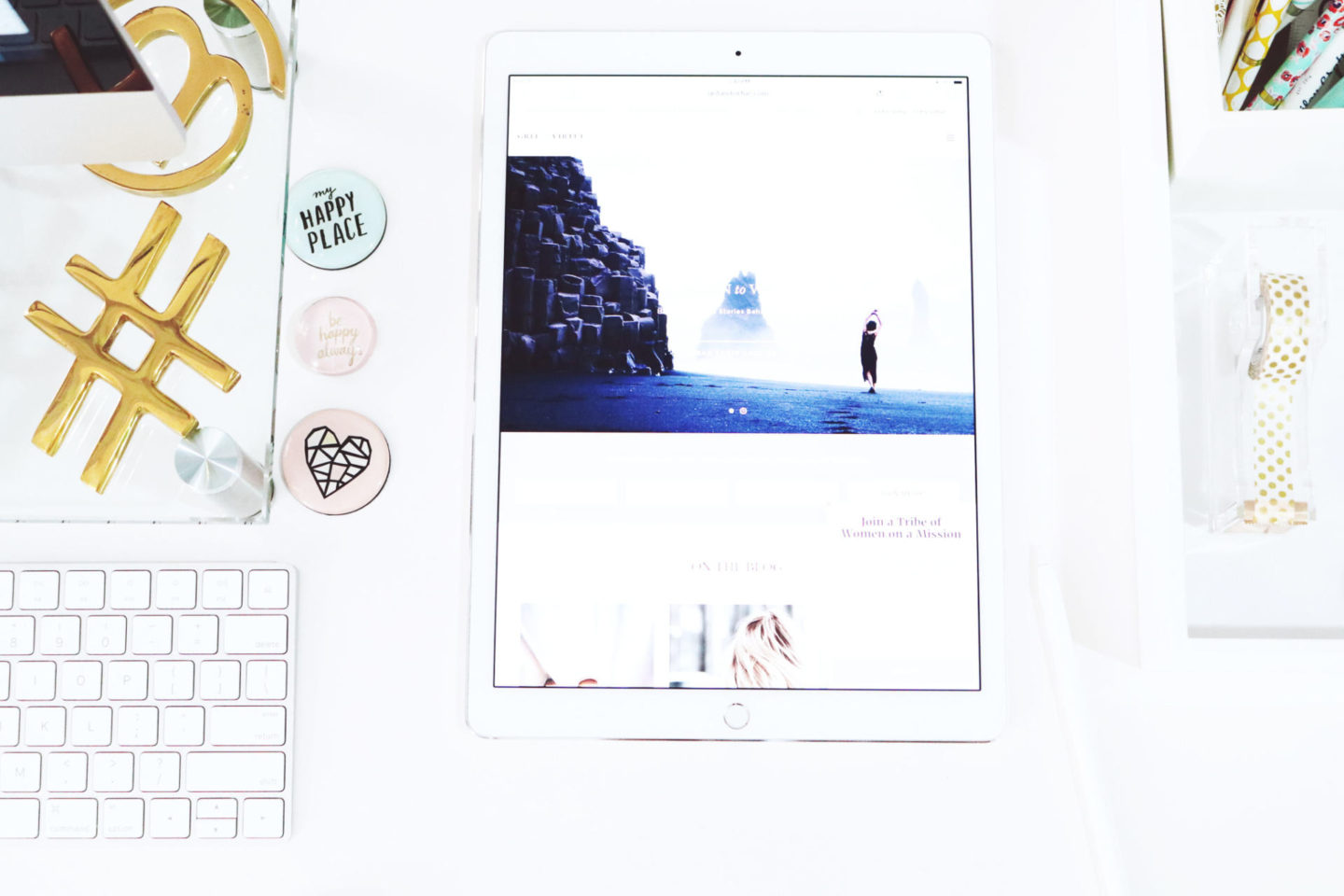
Make a schedule
When it comes to disconnecting, the first thing you should do is map out a schedule for yourself; this is especially important when it comes to disconnecting from work. If you’re working from home or working overtime, you should still make a schedule and stick to it. Carving out time slots dedicated work and work alone will allow you to get more done during that time period, and force you to turn in when time is up as well. This doesn’t make you lazy, not by any means, this is merely a way to make sure you don’t run yourself into the ground or get sloppy with your work by giving it your full, undivided attention.
Don’t mix work + home life
Going off of what I mentioned above, focus on work during the times designated for work—don’t bring your work into your personal life at home, and vice versa. Doing this will allow you to disconnect from the stresses of both and give you the chance to focus on the task at hand. There’s a time to deal with your work problems, and a time to deal with problems at home. Your home life should be a place where you can give your mind a break.
Do things away from your phone
This applies to both work and home life, the latter even more so. Doing things away from your phone is key to disconnecting. If you’re going to be cooking dinner for your family, set your phone down in another room so you won’t be tempted to look at it throughout. When you’re watching TV, keep it far away so you won’t wind up scrolling through social media mindlessly or refreshing your email for the millionth time.
Some people complain that if they hear their phone they have to look at it to see what it is. If you’re one of those people, try setting your phone on silent and removing notifications, that way, you won’t know whether or not you’re missing anything. Keeping your phone in a separate room is also helpful for this, too. If your phone needs to be charged, charge it in an entirely different space.
RELATED: A GUIDE FOR PRODUCTIVITY AND WORKING FROM HOME
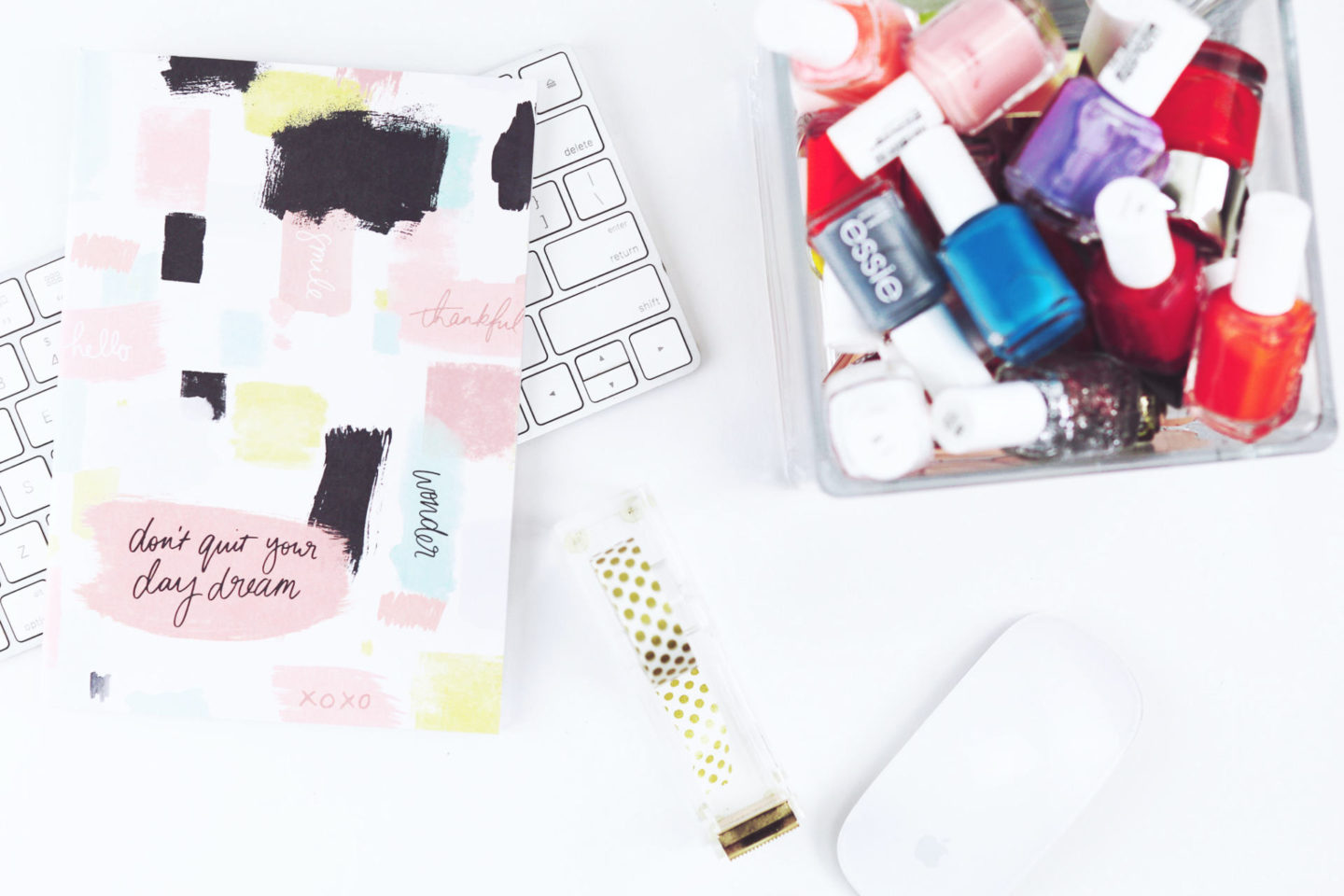
Delete apps you don’t love
If you’re not completely obsessed with an app, get rid of it to remove all temptation. I used to be obsessed with games on my phone, I’d spend a stupid amount of time playing them. I know for most people, social media is the real culprit of excessive screen time. Whatever apps you’re not obsessed with and don’t need, get rid of. You’ll thank me later.
Set aside time for posting + social media
If you know you’re going to be posting something on social media on a certain day, figure out ahead of time the best time for you to post and when you’re going to. Once you know what time you’re going to post, stay off of social media until then. I stick to this rule and find it helps me avoid going down the rabbit hole of scrolling or reading stories that I could (in all honesty) really care less about.
Additionally, setting aside say, thirty minutes to an hour a day for social media is helpful for disconnecting as well. Set a timer so you know when time’s up, and when to power down.
RELATED: HOW TO TURN YOURSELF INTO A MORNING PERSON

Learn ways to keep yourself busy
Keeping yourself busy is huge in helping you disconnect. It can be through things like walking, meditating, reading, writing, etc. If you’re staying busy, you’re less likely to pick up your phone.
Another good thing you can try doing is keeping a magazine or book close by. I personally carry whatever book I’m reading from room to room with me so I’ll pick that up instead of my phone in my down time, but I’m a little extreme. (And I love reading, so, there you go.) Start off by keeping a magazine or book on your coffee table, beside your bed, and maybe even somewhere in the kitchen (say, the kitchen table, perhaps? If it’s arranged artfully?). Eventually, you’ll get in the habit of reaching for something to read rather than reaching for your phone.
Get acquainted with routines + rituals
Routines are going to be your best friend when it comes to disconnecting. Much like sticking to a schedule, creating a daily routine will also help you establish healthy habits. Sure, you may have to be in work for 9:00, but what are you going to do before that? What are you going to do after you get home? The goal of these routines and rituals is to give your mind, body, and soul an opportunity to clear themselves out. Creating and sticking to a schedule is one thing, establishing a routine and making a ritual out of it is another. One of my morning rituals is writing down affirmations in my journal. For nighttime, I always make sure I give myself time to read in bed. In the past I’ve incorporated the use of selenite wands as part of my nighttime ritual, and am planning on again integrating that along with deep breathing exercises into my nighttime routine as well.
Create a morning routine that doesn’t involve your phone, establish an after-work one that allows you to unwind. Find a bedtime routine that helps you get to sleep faster and better. You’ll come to love these routines, and the time you spend doing them will become sacred. At night, try to plan out the following day; what do you have to get done, what do you want to achieve? Don’t be afraid to write it out. Try laying out your clothes for the following day the night before, too. Reflect on the day and write down what you’re grateful for. Keep a gratitude journal by your bed that you can write in morning or night. Start and/or end your day with a prayer or meditation. Waking up and going to bed with a clear mind and grateful heart will allow you to see everything more clearly and be more productive.


